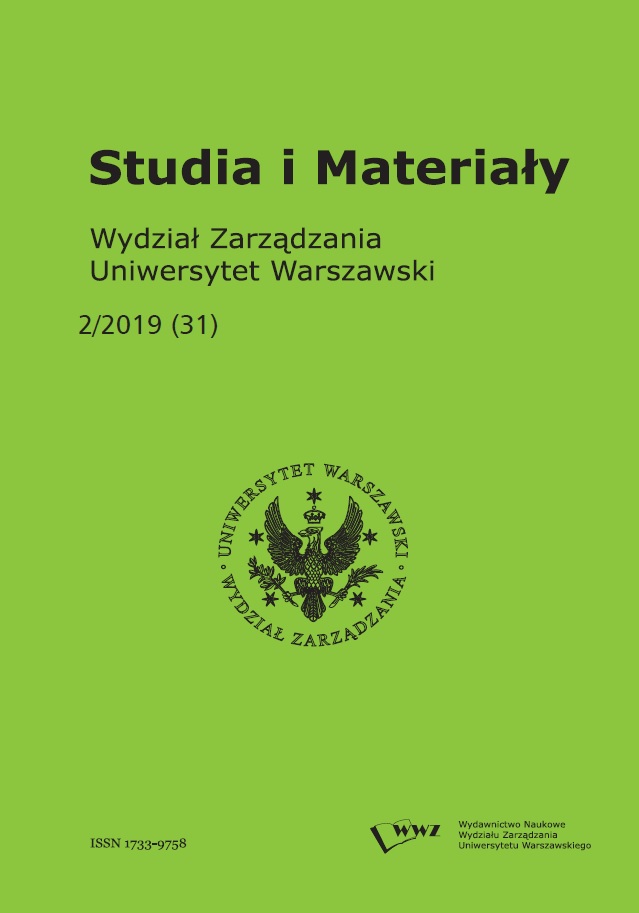Próba niektórych państw członkowskich UE zmiany unijnych reguł kontroli koncentracji dla ułatwienia tworzenia „czempionów europejskich”
Attempt of Certain EU Member States to Change EU Concentration Control Rules in Order to Facilitate the Creation of ‘EU Champions’
Author(s): Tadeusz SkocznySubject(s): Social Sciences, Economy, Law, Constitution, Jurisprudence
Published by: Wydawnictwo Naukowe Wydziału Zarządzania Uniwersytetu Warszawskiego
Keywords: EU merger control; EC decision in case Siemens/Alstom; letter of France; Germany; Italy and Poland to Commissioner Vestager; European champions
Summary/Abstract: The existing EU rules on concentration control foresee the possibility for the European Commission to prohibit concentration with EU dimension if it were to result in a significant impediment of effective competition in the EEA or its substantial part. While enforcing these rules, the Commission has, for instance, prohibited in 2019 the concentration between Simmens/ Alstom because it came to the conclusion that the operation would restrict competition on markets for railway signalling systems and very high-speed trains. The decision of the Commission was met with heavy criticism of France and Germany; the two countries were expecting the said concertation to create a ‘European champion’ able to compete with Chinese and American companies. As a result, both of these Member States, additionally supported by Poland and Italy, submitted a letter to the European Commission demanding a quick change of the existing EU concentration control regime, which would make it possible to permit concentration between European companies even if it restricted competition on the EU markets, provided they were able to effectively compete globally. The prohibition decision and the letter illustrate the extent of the argument between the European Commission and France and Germany, as well as Poland. The fact that Poland decided to support the initiative of weakening the current EU substantive test for concentration control, as well as the position of the Commission, is surprising and causes doubts.
Journal: Studia i Materiały
- Issue Year: 31/2019
- Issue No: 2
- Page Range: 48-58
- Page Count: 11
- Language: English, Polish

